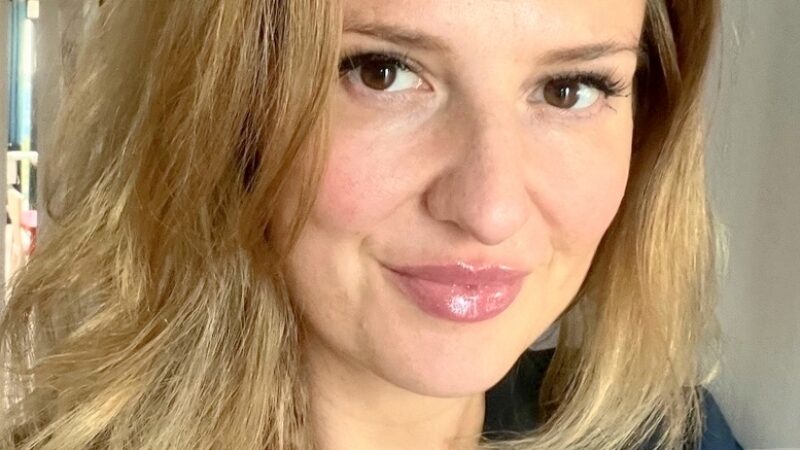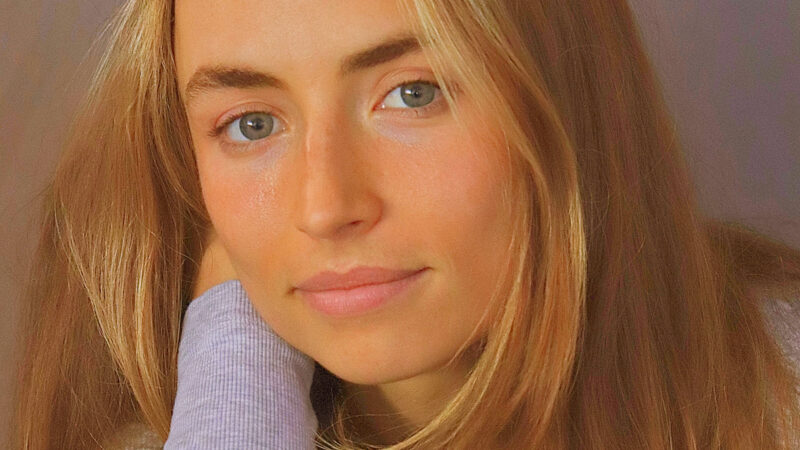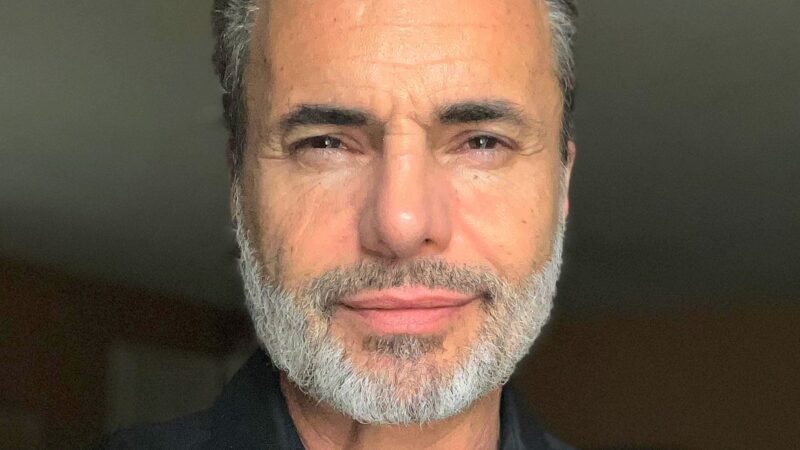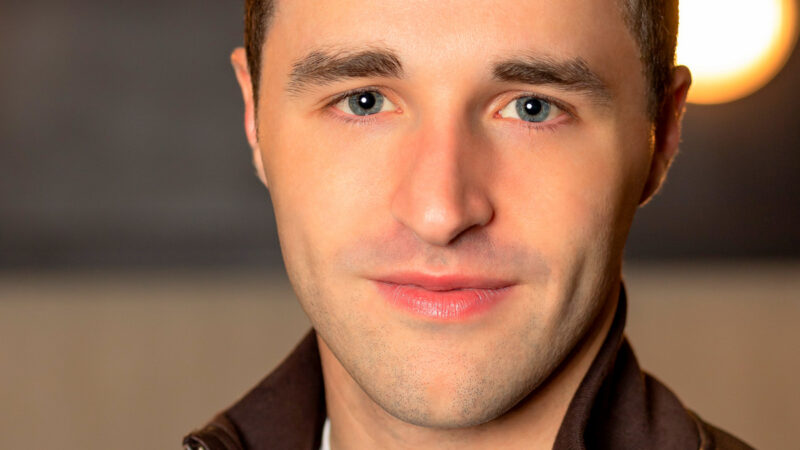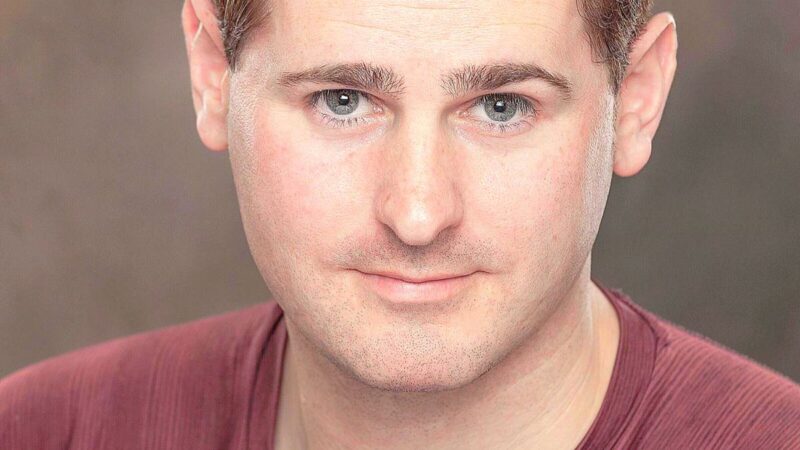By Olga Matsyna
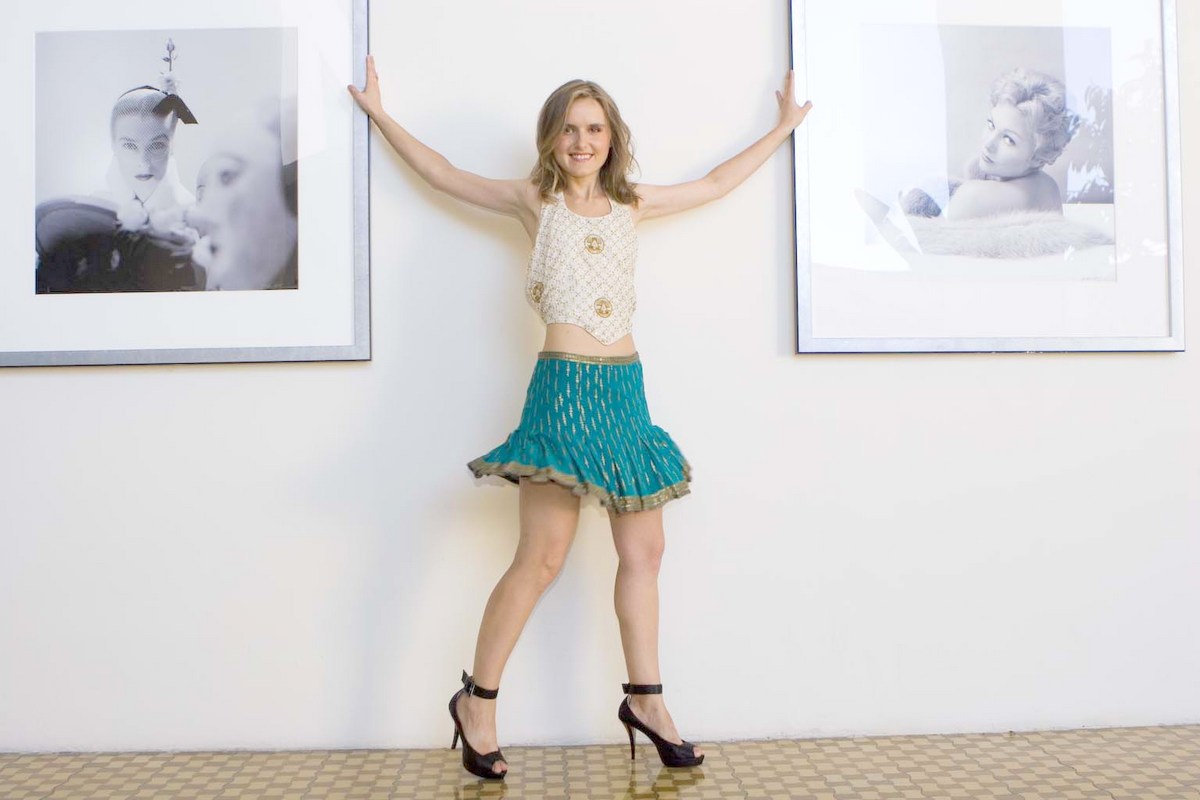
A film production house, Global Film Studio. An agency for actors, Global Film Actors Agency, and Daria!, a magazine on world cinema. The universe of Daria Trifu that I had the pleasure of to discover on a hot day in July.
indieactivity: What does it mean to you to be a woman in cinema?
Daria Trifu (DT): I am an artist and a woman. But, I have never thought of presenting myself as a “woman filmmaker”. Because for me that part is irrelevant; what is important is the quality of the works in which I participate.
How do you balance your work in film with your personal life?
Daria Trifu (DT): My work is a pleasure. I am lucky to do what I enjoy. And the fact that I can make a living from it is a great privilege.
What influence did the childhood and adolescence you experienced have on your artistic career?
Daria Trifu (DT): I grew up in an artistic environment from the time I was born. My mother was the director of a dance club and then a theater club in my town. The performers were university students and all rehearsals were held late in the evening. My mother took me with her to work every day. In fact, she was called “mom” by everyone because I was calling her that way and it became her name.
I grew up on the stage, surrounded by performers, costumes, makeup and creative minds. I traveled to various cities where the students were participating in national dance and theater festivals. The people I spent most of my time with in my youth, were actually adults in their 20s and 30s.
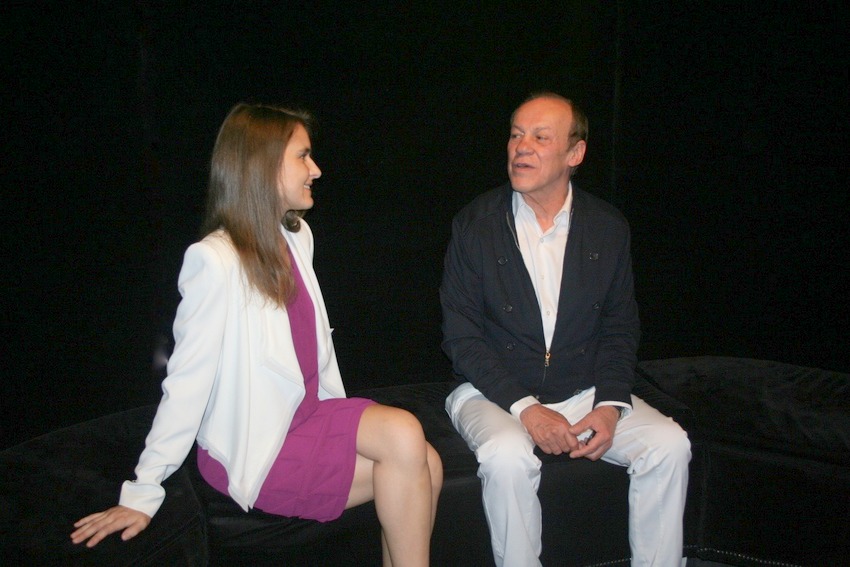
So, I had a front-row seat to adulthood. I learned very early on what I wanted to do in my life. And I had my mind set on a career in Hollywood!
I saw Fellini’s La Strada when I was about 9 years old. That cemented my desire to create something similar, just as powerful, just as impactful…. I knew then that I would go into filmmaking, I didn’t know how, where, when, but I knew it!
When I was 11 years old, my parents enrolled me in the High School of Fine Arts. There I stayed until I graduated and, soon after, emigrated to Canada. Those formative years of study and artistic creation proved incredibly useful in my film career.
How has moving from one country to another affected your professional life? What were the traumatic implications and, to the contrary, the fortunate moments?
Daria Trifu (DT): In my time, when borders were well defined and you still needed a visa to travel. Even visiting another country was difficult. Moving then to another continent, it was incredibly difficult.
The fact that I already knew what I wanted to do helped. Because, I went straight for it and didn’t wait a moment. After a few months, I was already enrolled in the International Film Workshops. Which was taught by Maestro Bruno Pischiutta. Soon, after completing the Workshops, I started working for Bruno’s company, Toronto Pictures.
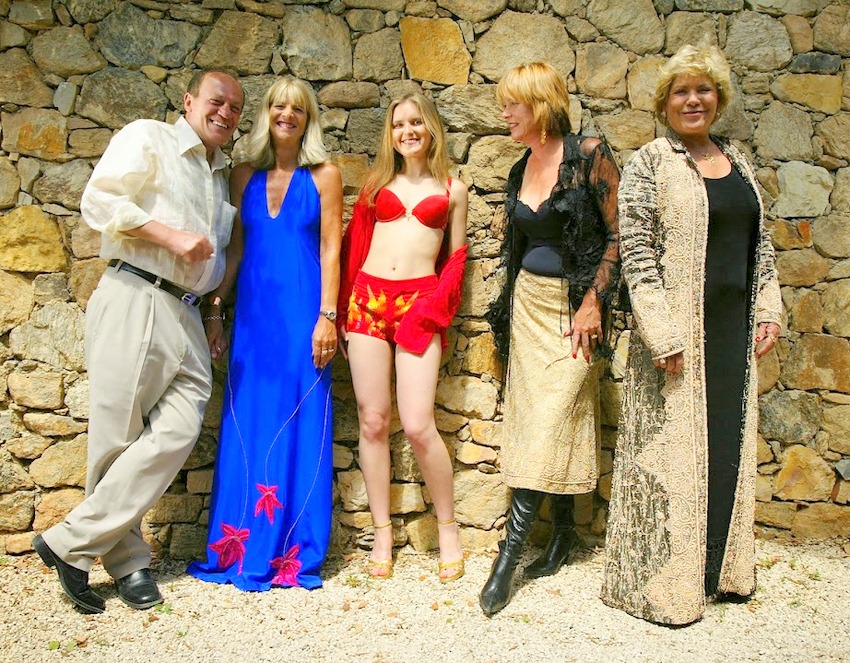
I traveled the world to attend different film festivals. And I have been several times to Cannes, the American Film Market, Montreal and Monte Carlo. I traveled for business to cities like London, Los Angeles and New York. By 2004 I was already working as a producer on the pre-production of “Punctured Hope.” And I’ve been to Ghana several times where, in 2005, we shot the film.
Now tell us a little bit about Global Film Studio, the Canadian company of which you are president?
Daria Trifu (DT): I learned everything about filmmaking and business from Bruno. His help, his teachings and the trust he showed me from the beginning is what has allowed me to grow and thrive in this career.
Bruno and I founded Global Film Studio in 2011. It is a Canadian media company. A “small media empire,” running six divisions. Film Production, Film Distribution (Global Cinema Online), and Talent Agency (Global Film Actors Agency). Plus Film Festival (Global Nonviolent Film Festival), Publishing (Daria! Magazine), and Film Academy (film schools and workshops).
The establishment of the company is, in fact, the result of the lifetime of work in film of Bruno Pischiutta. Who is an internationally renowned and award-winning writer, director and film producer with a career spanning more than five decades. He was recently appointed a member of the European Film Academy.
In many ways Global Film Studio operates similarly to the Hollywood Studios of the 1950s. Like United Artists, founded by Charlie Chaplin. The films we produce are always nonviolent and have high social content.
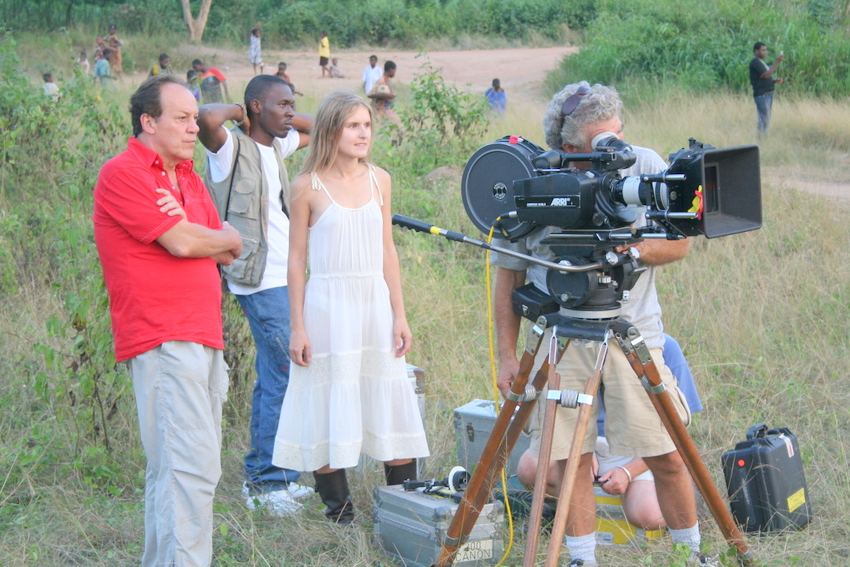
Our film, Punctured Hope, is directed and co-written by Bruno and produced by the two of us. It qualified for nomination consideration at the Academy Awards. And was nominated for Best Film Exposé and Best Film on Human Rights by the Political Film Society in Hollywood. In the same year when the other nominated films were by Clint Eastwood, Quentin Tarantino and James Cameron.
Today we are producing The Trilogy, a set of three motion pictures and three feature documentaries. The films, written by Pischiutta, are not violent, but certainly iconoclastic, and their strong sexual content accentuates the dramatic ending.
The plots follow different characters and love stories typical of today’s landscape. Where love and sexual relationships are more complicated than ever. Because they are often interracial and sometimes involve characters from the LGBT community. In a kaleidoscope of different nationalities, traditions and ways.
The Trilogy is inspired by the work of an extremely controversial genius writer from another time. When his identity is revealed, the writer’s name alone will ensure global public interest in “The Trilogy” films! For marketing reasons, this writer’s name will not be revealed. Not until the beginning of the publicity campaign preceding the release of the films. The films will be very important and positive for the LGBT community. In addition to freedom of speech, it will also touch on the very troubling realities. That is the sexualization of children, Satanism and pedophilia.
The main female character in the films embraces the devil’s ethic. Which is a non-ethic, and the opposing systems create the conflict present in the films. That, come to think of it, also creates the reality in our lives today. The model to which the protagonist is inspired has no morality. It has no sense of justice, but is totally ungrateful and sees no validity in family ties.
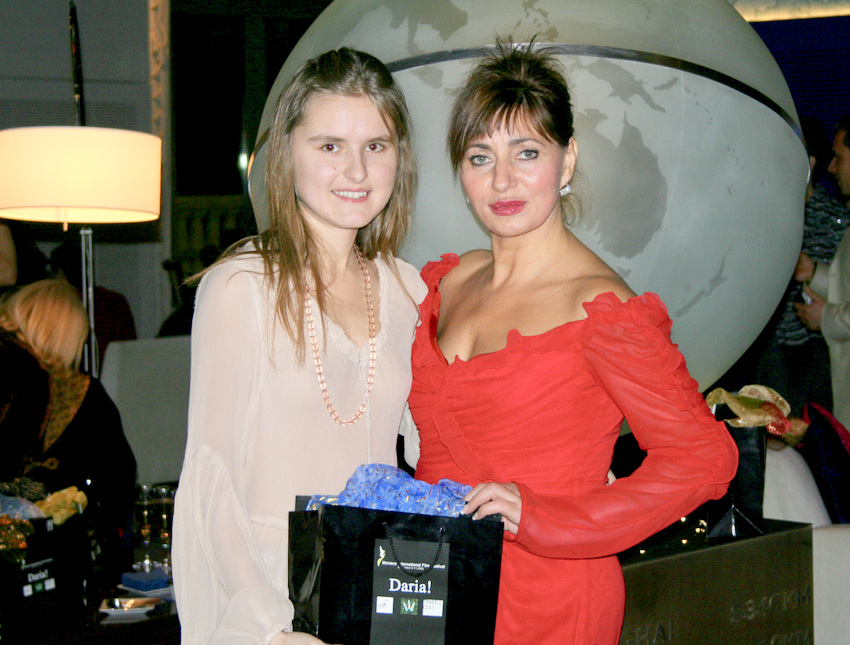
The films that make-up “The Trilogy” will be extremely commercial and generate fiery debates around the world. While Bruno wrote the feature films and will direct them, we will both produce them. In addition, I will make my debut as a director (directing the three documentaries). Also as an actress in one of the three films.
What can you tell us about the magazine DARIA!?
Daria Trifu (DT): Organizing and producing a magazine had always been my dream. I had been reading magazines like Vanity Fair and National Geographic for as long as I can remember. And I loved them. I loved the feeling of flipping through their pages. Analyzing their inherent visual and compositional creativity. I also learned a lot about the world and nature, particularly from National Geographic. While Vanity Fair gave me a certain style and cultural base that I craved while growing up.
Around 2004, I told Bruno about my passion for (print) magazines. I expressed to him my desire to publish one of my own someday. To my amazement and surprise, he pondered for a while. Then said, “Let’s do it, let’s do it, let’s start tomorrow.”
Wow, I was over the moon!
The following year I published the first edition. I launched the magazine at the Cannes Film Festival with a private party at the Fairmont in Monte Carlo. Thousands of copies were then distributed for years at private events. In Monte Carlo (Jockey Club – The Fairmont Hotel), and New York City (The Friars Club). Also in Montreal (International Film Festival), and Los Angeles (The Fairmont Hotel during the American Film Market). Then in Brasov – a resort town located in Romania, a few kilometers from the famous Dracula Castle. Global Nonviolent Film Festival, in Last Vegas and other locations. In those years the magazine was also mailed to the world’s most important film executives and journalists.
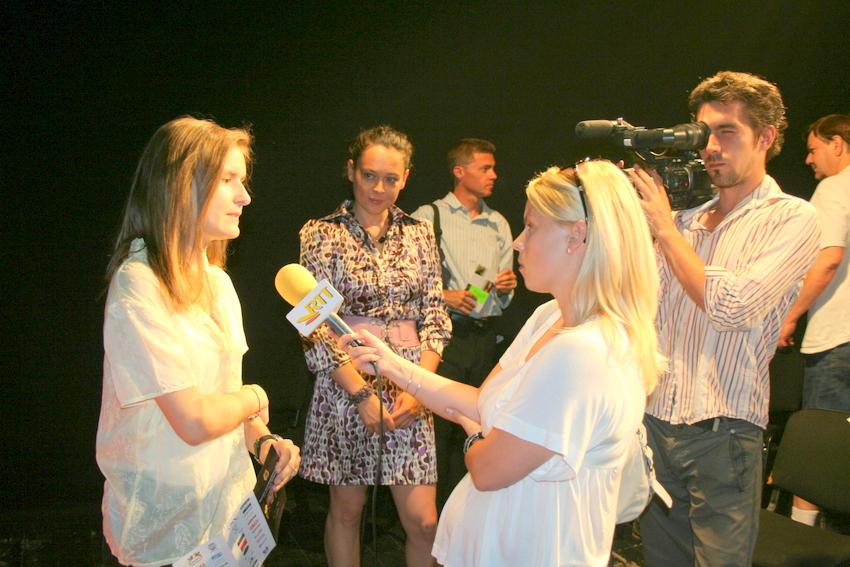
To this day, I remain the editor-in-chief. In recent years, I have also written some articles; I had never written before, but now I started. In addition to the articles in Daria!, I wrote dozens of articles on LinkedIn and a film subject. Bruno liked the subject so much that he expanded it into a complete screenplay. He thinks it will be one of the most popular movies we’ve ever produced and will be a big hit. We will make this film as soon as we can.
But going back to the magazine, it must be said that most of what is published in Daria! cannot be read elsewhere.
The goal of Daria! is to influence the opinion of those with the power, desire and will to change the world for the better. To engage them with the topics, people and films presented in its articles.
Since 2012, DARIA! has published a special edition dedicated to our Global Nonviolent Film Festival. While in 2022 the magazine abandoned the print version and went fully online
Since 2012 you have been directing the famous Global Nonviolent Film Festival. Recently, with Bruno, you have also launched the film distribution channel Global Cinema online. You demonstrate your dedication to nonviolent cinema doesn‘t only apply to films you make. What prompted you to diversify your activity to include two such challenging ventures?
Daria Trifu (DT): The festival started first, 12 years ago. While the channel is fairly new. It has been distributing nonviolent films and documentaries around the world since 2021.
Bruno and I founded the Global Nonviolent Film Festival in 2012. Because we wanted to present films that did not contain gratuitous violence. We wanted to create a space for films that inspire and uplift audiences by entertaining them. We wanted to establish that it’s not necessary for a film to contain gratuitous violence to achieve success. In its first two years we screened and awarded films with Woody Allen. Also with Robert Redford, Nicole Kidman and many other stars. Over time, however, we began to receive an abundance of films from independent filmmakers. They came from all corners of the world. Filmmakers who were eager to enter the space we offered for nonviolent cinema. Who, to this day, show us extreme talent and creativity!
But the word nonviolent should not mislead or give the wrong idea. It doesn’t mean our films are boring or lacking in entertainment value! On the contrary, the films are extremely entertaining and feature the highest standards of production. Incidentally, we also have comedies and thrillers! The difference is that the films we present stand the test of time, because of their substance and themes. And have the power to expand viewers’ horizons and expose them to new perspectives and ideas. Our films are selected from different countries and, therefore, show us different cultures and customs. Which certainly broaden our understanding of the world. Our audiences are engaged by the characters portrayed, the topics covered or the themes introduced. They engage at a deeper and more sophisticated level, and the experience can be formidable.
Today, after 11 successful annual editions. I can proudly say, Global Nonviolent Film Festival is the most important and renowned nonviolent film festival in the world!
The 2023 edition of our Global Nonviolent Film Festival will take place shortly. From September 28 to October 8 and will be broadcast on GlobalCinema.online.
Last year, the Festival presented 38 films and documentaries, including 10 world premieres.
Registration is still open until Aug. 31 through FilmFreeway.
Creating GlobalCinema.online came naturally. Because we have always known that the main reason films go to festivals is to have a chance to be viewed and selected by distributors.
In 2021, during COVID, we had time to invest in the foundation of the channel. Today we already have more than 220 films streaming to a worldwide audience. We are adding new titles every week. Now we are able to offer distribution contracts. On very favorable terms. To all selected films at our Festival as soon as the event ends. It is a win-win situation for everyone: our company, the filmmakers and the audience.
What is the role of the talent agency in your company’s system?
Daria Trifu (DT): The Global Film Actors Agency is an essential component of our Studio. Without talented actors, there are no good films! So we created this agency to train a base of actors. In whom we believe, and whom we want to grow in this industry. The actors we represent are chosen one by one by Bruno Pischiutta.
Not only do we not charge any fees to the actors we represent, but we also give them shares in our company, Global Film Studio, which they can keep even after their contract expires. This is our investment in them from the beginning: first we choose them and then we allow them to join our company, because what we are interested in is long-term work; we always think about future productions as well, not just the present ones.
Are you happy? Do you feel fulfilled?
Daria Trifu (DT): Yes, I am. Today I can say that with a full heart. There were many times when life and work were incredibly difficult. I didn’t always feel good, or happy, or fulfilled; I had my share of low moments, crises and problems. But now I have no doubts about my choices. What I want to do in the future are only better and more important things. But, still in the same medium and with the same scope of what I am already doing.
I’ve come to a point now where I don’t consider negative points. I think of problems only as necessary confrontations. Opputunities that life puts in our path so we can deal with them and continually improve.
Would you advise girls who have not yet chosen a profession to go into filmmaking?
Daria Trifu (DT): Absolutely! But I also tell them that they will need a nervous system of steel and a lot of patience. Patience, in our industry, is the keyword. It may seem like things happen in an instant, but they don’t.
What I often hear Bruno tell young actors is to try to get noticed in their own country. Before thinking of Hollywood or London. We have to remember that Hollywood was built by buying the best talent in the world. And bringing them there, not by talent that went there and knocked on doors.
Tell us what you think of the interview with Daria Trifu. What do you think of it? What ideas did you get? Do you have any suggestions? Or did it help you? Let’s have your comments below and/or on Facebook, Instagram, or Twitter.
Socials
Website
IMDb
LinkedIn
Instagram
FILMMAKER INTERVIEWS

